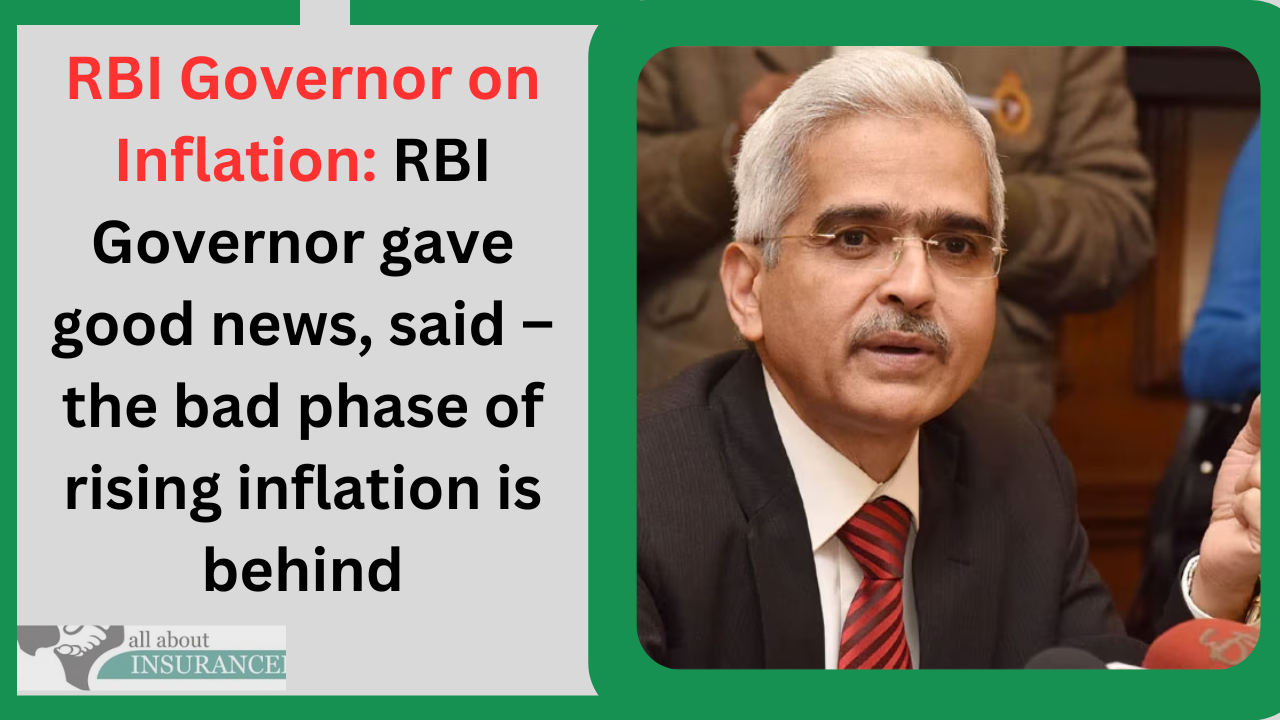
Inflation in India: The RBI governor said that this is so despite the shocks to the global economy due to the pandemic, Ukraine war and tight monetary policy across the world. The rupee has exhibited the least volatility against other currencies despite strong dollar strength.
Reserve Bank of India: The Reserve Bank of India (RBI) has given relief news for the countrymen who are facing the brunt of inflation. RBI Governor Shaktikanta Das said that the domestic economy and financial sector is stable and the worst phase of inflation is behind.
He also said that this is despite the shocks to the global economy caused by the pandemic, the Ukraine war and tight monetary policy around the world. He said that despite the strong strengthening of the dollar, the rupee has shown the least volatility against other currencies.
Global economy shows resilience
RBI Governor said at the 17th KP Hormis (Founder of Federal Bank) Memorial Lecture in Kochi that despite greater concerns about the global recession a few months back, the global economy has shown more resilience. The governor said that there is a declining trend in global growth. There is also a lot of uncertainty about the changes in the factors of inflation. These range from labor market dynamics to the concentration of market power and less efficient supply chains.
The geo-economic transition is difficult,
he said, although there are also confidence-building factors, such as global food, energy and other commodity prices declining from their upper levels. Also the supply chain is getting back to normal. In such a situation, imported inflation should be under control. On India’s G20 chairmanship amid its role in addressing several emerging crises, Das said the country has got this role at a time when geo-economic changes are very difficult, which have distorted the global macro financial outlook.
The RBI governor said that there is a serious supply-demand imbalance in key sectors and inflation is rising rapidly in almost all countries. It has presented complex policy challenges. He said that the current crisis is an opportunity for the G20 as well as a time of examination.
Citing the IMF, Das said that with the Ukraine war, geo-politics has now been replaced by geo-economics. Due to this, the global economy is facing a process of geo-economic fragmentation. This is happening through five major channels – trade, technology, capital flows, labor mobility and global governance. (Input: PTI)
